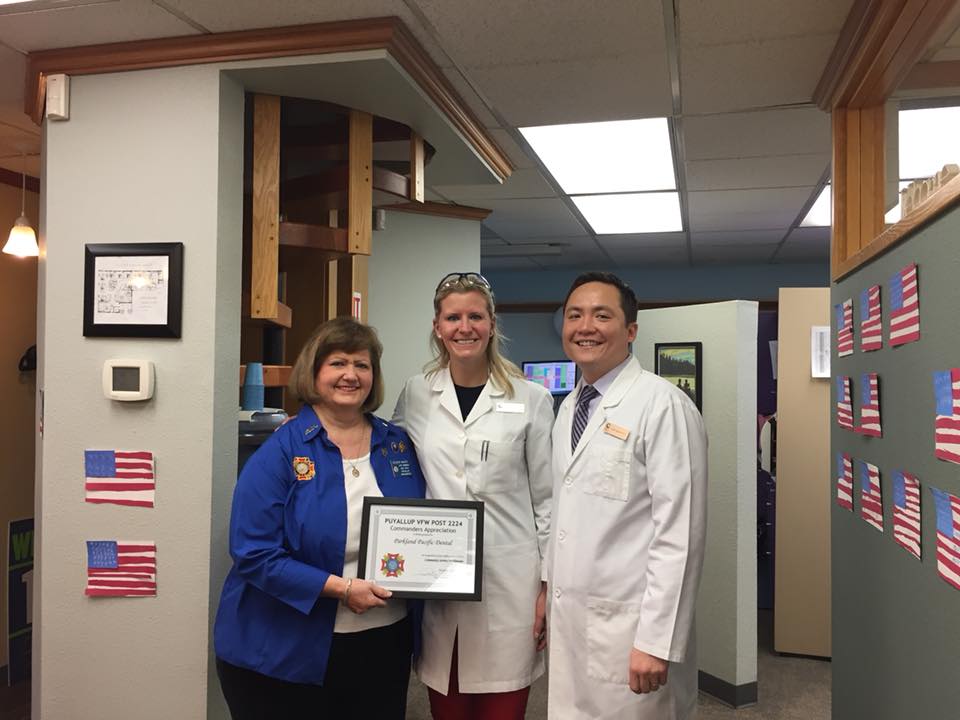The doctors and hygienists here agree that mouthwash does not provide the benefits that their advertisements claim, and in some cases, can actually be detrimental. No mouthwash has been proven to whiten teeth, and whereas mouthwash with alcohol in it can in fact kill bacteria, it does not kill the type of bacteria that cause gum disease or tooth decay. In fact, we have seen with increasing frequency, mouthwash with blue or green dye added can significantly stain teeth, making your hygienist work overtime just to get your teeth back to their normal color. If you like the way it makes your breath smell, there is no harm in using a colorless mouthwash if you want.
What you really need for a healthy mouth is to brush twice daily, with an electric toothbrush if you can, floss once a day with whatever device works best for your, and to wear a night guard if you clench or grind. Those simple tasks plus twice yearly visits with your friendly dental team can go a long way towards a healthier mouth and a healthier you. You can safely leave mouthwash out of your rotation and maintain a health smile.
Jennifer Idziorek D.D.S.



 RSS Feed
RSS Feed